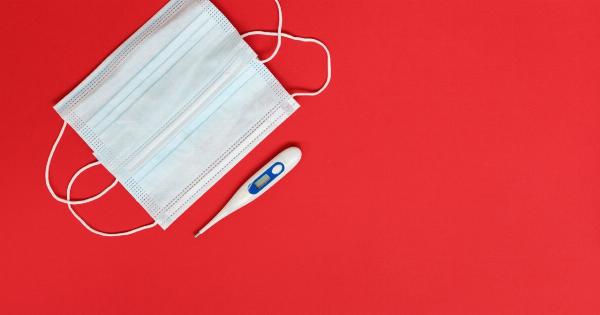Prostate cancer is one of the most common types of cancer among men, and it can have devastating consequences if not treated early. However, there are things you can do to minimize your risk of developing prostate cancer.
In this article, we will discuss some of the most important tips and suggestions to help you stay healthy and prevent prostate cancer.
Understand Prostate Cancer and Its Risk Factors
Before we get into the tips and suggestions, it is essential to understand prostate cancer and its risk factors. Prostate cancer is a type of cancer that develops in the prostate gland, which is a small gland in men’s reproductive systems.
It is a slow-growing cancer that may not cause any symptoms in its early stages. Because of this, it’s vital to get regular prostate cancer screenings as part of your healthcare routine.
Some of the risk factors for prostate cancer are age, family history, diet, and lifestyle habits.
Men over the age of 50 have a higher risk of developing prostate cancer than younger men, and men with a family history of the disease are also at an increased risk. Additionally, a diet high in fat and red meat, as well as a sedentary lifestyle, can increase your risk of prostate cancer.
Eat a Healthy Diet
Eating a healthy diet is essential for overall health and can help reduce your risk of prostate cancer.
A diet that is rich in fruits, vegetables, whole grains, and lean protein sources such as fish and poultry may help reduce your risk of prostate cancer. On the other hand, a diet that is high in saturated fats and red meat may increase your risk of prostate cancer. Limiting your intake of these foods and choosing healthier alternatives is vital for reducing your risk.
Exercise Regularly
Exercise is incredibly beneficial for overall health, and it can also help lower your risk of prostate cancer. Aerobic exercise such as walking, jogging, or cycling, as well as strength training, can all help reduce your risk of prostate cancer.
Aim for at least 30 minutes of exercise most days of the week to help keep your body healthy and reduce your risk of prostate cancer.
Maintain a Healthy Weight
Maintaining a healthy weight is important for overall health and can help reduce your risk of prostate cancer. Being overweight or obese can increase your risk of developing several types of cancer, including prostate cancer.
Eating a healthy diet and getting regular exercise can help you maintain a healthy weight and reduce your risk of prostate cancer.
Quit Smoking
Smoking is a leading cause of many types of cancer, including prostate cancer. If you smoke, quitting is one of the most important things you can do to reduce your risk of prostate cancer.
When you quit smoking, your body starts to heal itself, and your risk of developing prostate cancer decreases over time.
Get Regular Screenings
Regular prostate cancer screenings are an essential part of staying healthy and reducing your risk of developing prostate cancer.
Your doctor may recommend regular prostate cancer screenings, such as a digital rectal exam or a prostate-specific antigen (PSA) test, depending on your age and risk factors. Talk to your doctor about the best screening schedule for you.
Reduce Your Exposure to Environmental Toxins
Chemicals and toxins in your environment can increase your risk of developing prostate cancer. To reduce your risk, try to limit your exposure to chemicals and toxins as much as possible.
For example, consider using natural cleaning products and avoiding exposure to pesticides and other chemicals whenever possible.
Manage Your Stress Levels
Managing your stress levels is vital for overall health and can also help reduce your risk of prostate cancer. Chronic stress has been linked to several types of cancer, including prostate cancer.
Incorporating relaxation techniques such as deep breathing, meditation, or yoga into your daily routine can help you manage your stress levels and reduce your risk of prostate cancer.
Stay Informed
Finally, staying informed about the latest research and developments in prostate cancer prevention and treatment is important.
There are many resources available online and through healthcare providers that can help you stay up to date on the latest information.
Conclusion
Reducing your risk of prostate cancer is entirely possible by making healthy lifestyle choices such as eating a healthy diet and getting regular exercise, quitting smoking, and managing your stress levels.
Regular screenings and staying informed about the latest research and developments are also vital. If you have any concerns about your prostate cancer risk, talk to your doctor about what steps you can take to reduce your risk and stay healthy.





























